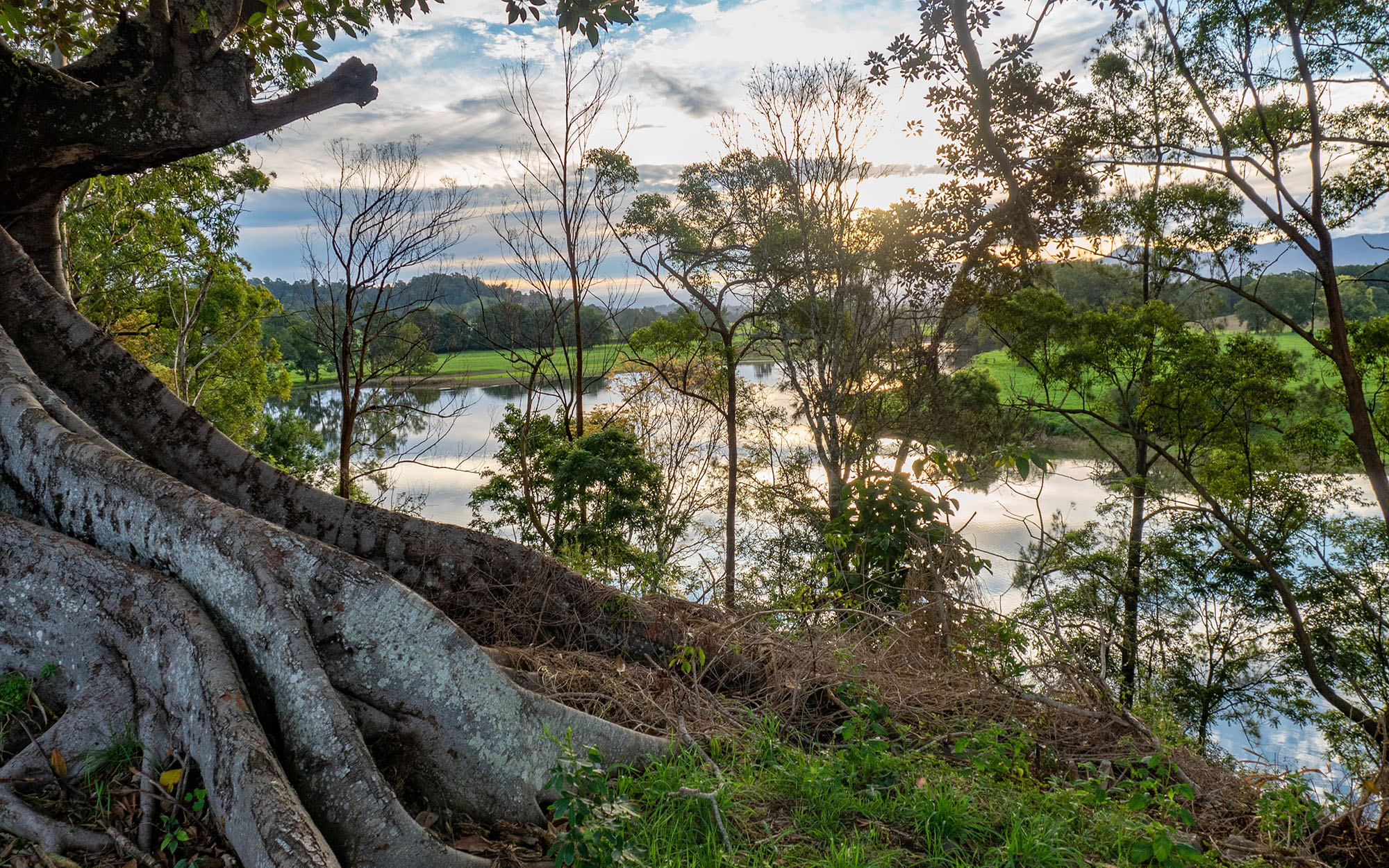Learn about series
A series of information pages on the basics of water.
What is a water sharing plan?
Water sharing plans are legally binding plans made under the Water Management Act 2000. They are our main tool in a broader framework for managing our water resources in NSW.
Water sharing plans set rules for sharing water for social, economic and agricultural use, cultural use and the environment. They also set the rules for buying and selling water licences and allocations, known as water trading.
We have water sharing plans for surface water and groundwater systems, with each plan covering a specific area. Each plan is valid for 10 years from its start date.
How are water sharing plans developed?
Water is a finite resource, which means it needs to be managed and shared carefully. The Water Management Act 2000 requires plans to:
- allocate water between water users and the environment
- improve river and aquifer health
- provide security for water users
- meet the needs of communities
- enable water trading.
Near the end of the 10 year-term, plans are formally reviewed to identify any changes needed to deliver better outcomes for water users and the environment. A plan can be extended for another 10 years, or it can be replaced with a changed plan, based on the recommendations of the review.
Why do we need water sharing plans?
A water sharing plan has three main purposes:
- Provide water users with a clear picture of when and how water will be available for extraction.
- Protect the fundamental environmental health of the water source.
- Ensure the water source is sustainable in the long-term.
By setting the rules for how water is allocated for the next 10 years, a water sharing plan provides a decade of security for the environment and water users.
All water sharing plans set a limit/s for the total volume of water that can be safely extracted from a water source. This ensures enough water is provided to support basic landholder rights and the fundamental health of a river.
By protecting the environmental health of a water source, we help protect the plants and animals that rely on it to survive. We also help ensure our water sources are sustainable long-term, benefiting all water users.
Water sharing plans also clearly define how and when water will be available for extraction. This allows licence holders, such as irrigators who require large volumes of water, to plan their long-term business activities.
How is water shared under the plans
Available water is allocated on a priority basis as outlined in the Water Management Act 2000:
- The environment
- Basic landholder rights
- Town water and licensed domestic and stock
- Commercial use.
Map of water sharing plan regions
Does this apply to me?
Water sharing plans set out the mandatory conditions that apply to water licence holders. If you are a water licence holder, it is your responsibility to make sure you know, understand and comply with the rules outlined in your relevant water sharing plan and on your licence or works approval.
All water users and anyone participating in water trading or dealing must comply with the conditions set out in any relevant water sharing plans, the Water Management Act, and on their individual licence, if they are required to hold one.
Every water source is different, and so different rules and conditions will apply for different water sources and regions.
How is the department responsible?
The department's Water Group is responsible for developing and implementing water sharing plans. As part of the planning process for each water sharing plan, the department undertakes consultation with the community and stakeholders.
The Natural Resources Commission (NRC) reviews water sharing plans every 5 years to ensure they are being implemented effectively. At the end of their 10-year term, the NRC reviews water sharing plans and provides recommendations to the department for any changes that may help to deliver better outcomes.
Water sharing plans may be suspended in times of severe water shortages.
Find more information on water sharing plans including the planning, review, evaluation and audit process, status, suspensions and public exhibitions at: Water sharing plans
You may also be interested in our:
